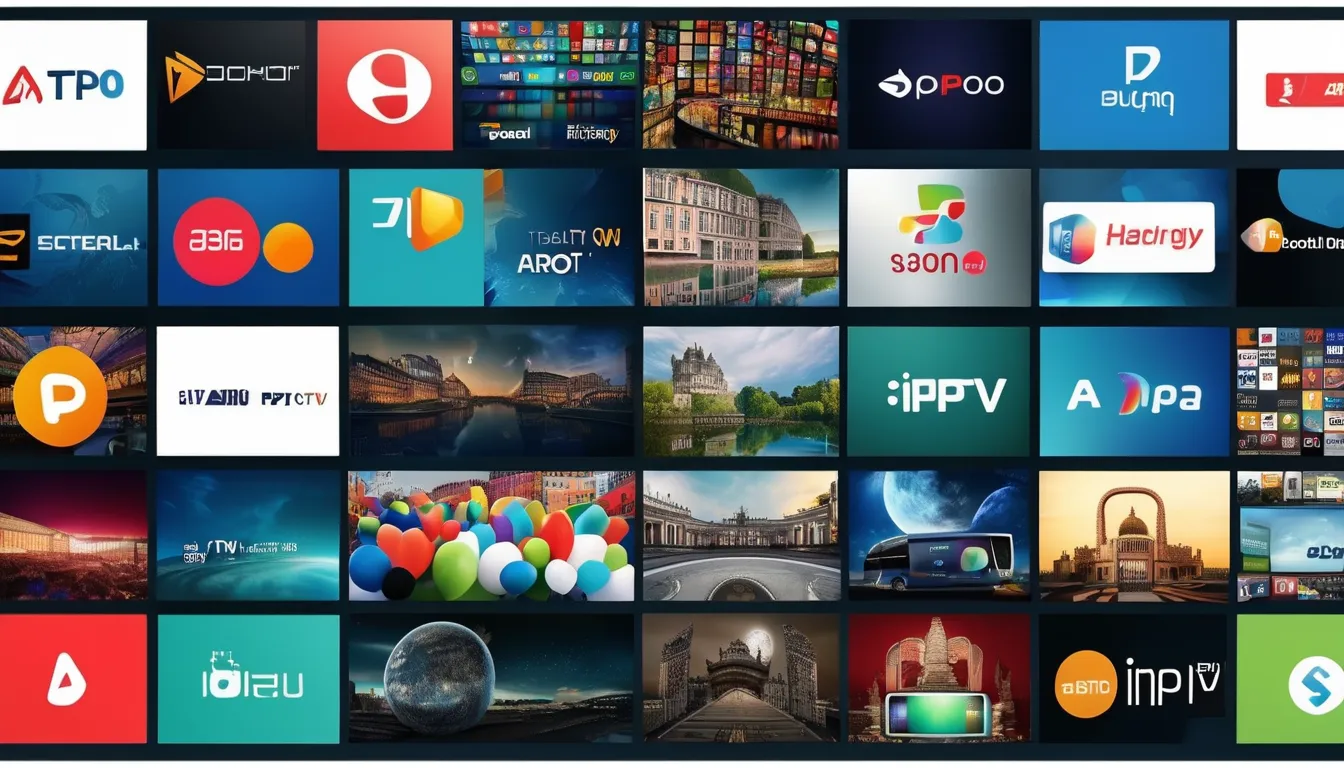As you consider expanding your brand's global reach through voice-over translation, you're likely weighing the importance of accuracy and cultural relevance. Using native speakers in voice-over translation can be a game-changer, but what exactly sets them apart? By leveraging local knowledge and insights, native speakers can help you avoid cultural missteps and create content that resonates with your target audience. But that's just the beginning – their authenticity and credibility can have a profound impact on your brand's success, and we'll explore the specifics of how in the following discussion. spanish to english.
Enhanced Cultural Relevance
When working with a global audience, you want to ensure your translated content resonates with each culture. Using native speakers in voice-over translation achieves this goal by providing culturally relevant and accurate content.
Native speakers bring their local knowledge and insights to the translation process, which helps to avoid cultural faux pas and ensures your content is well-received by the target audience.
Native speakers are also aware of cultural nuances, idioms, and expressions that may not translate well.
They can adapt the content to fit the local culture, making it more relatable and engaging for the audience. This is especially important for industries like advertising, where cultural relevance can make or break a campaign.
Improved Translation Accuracy
Your translation accuracy matters, as it directly impacts how effectively your message is conveyed to the target audience. Using native speakers in voice-over translation helps ensure that your message is communicated precisely and without errors. Native speakers have an in-depth understanding of the language, including nuances and idiomatic expressions, which reduces the risk of misinterpretation.
When you work with non-native speakers, there's a higher chance of inaccuracies and miscommunications. They may not fully grasp the subtleties of the language, leading to translations that don't quite capture the intended meaning.
In contrast, native speakers can accurately convey the tone, context, and intent behind your message.
Native speakers can also identify potential pitfalls in translation, such as idioms, colloquialisms, and cultural references that may not translate well.
Authenticity and Credibility
Native speakers in voice-over translation bring more to the table than just accuracy – they also lend authenticity to your message. When you're trying to communicate with a target audience in their native language, using a native speaker can make all the difference.
They're more likely to use colloquialisms, idioms, and cultural references that are familiar to your audience. This can help build trust and establish credibility with your listeners.
You want your voice-over translation to sound natural and spontaneous, not stilted or forced. A native speaker can help you achieve this, as they're more likely to use the correct tone, pitch, and inflection to convey the intended message.
This is especially important if you're trying to convey complex or technical information, where clarity is crucial. By using a native speaker, you can ensure that your message comes across as clear, concise, and authentic. This, in turn, can help establish your brand as a credible and trustworthy source of information.
Better Engagement Rates
Using a native speaker in voice-over translation can significantly boost engagement rates with your target audience. When you use a native speaker, you're more likely to connect with your audience on a deeper level, as they'll be able to understand the nuances of the language and the cultural references that are embedded in the translation.
This connection can lead to higher engagement rates, as your audience will be more invested in the content and more likely to respond to the message.
You'll also notice that native speakers can convey emotions more effectively, which is essential for creating an engaging experience. By using a native speaker, you'll be able to convey the tone, pitch, and volume that's intended to resonate with your audience.
This will help you to create a more immersive experience that captures the attention of your viewers and keeps them engaged.
Competitive Market Advantage
Higher engagement rates can have a lasting impact on your brand's overall success. When you use native speakers in voice-over translation, you're not just improving the quality of your content – you're also gaining a competitive edge in the market.
By leveraging the nuances of native speakers, you can create a more authentic and relatable brand voice that resonates with your target audience.
This authenticity can set you apart from competitors who rely on non-native speakers or automated translation tools. A native speaker's voice-over can evoke emotions, convey complex ideas, and build trust with your audience more effectively.
In a crowded market, this can be a game-changer. You'll be able to connect with your audience on a deeper level, establish your brand as a thought leader, and ultimately drive more conversions.
Conclusion
You've seen the benefits of using native speakers in voice-over translation. By leveraging their local knowledge and insights, you'll enhance cultural relevance, improve translation accuracy, and establish authenticity and credibility. This leads to better engagement rates and a competitive market advantage. Ultimately, using native speakers will drive more conversions and contribute to your brand's success. By making this strategic choice, you'll set yourself up for success in the global market.




